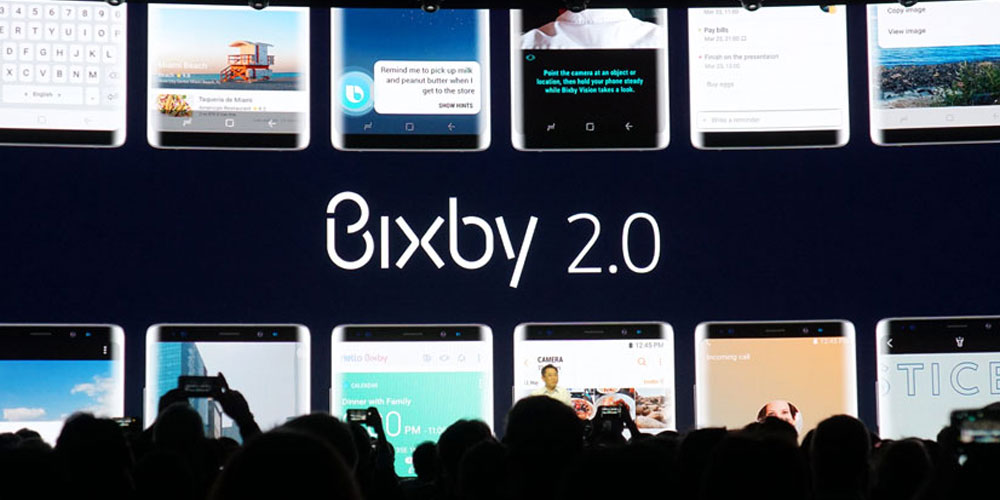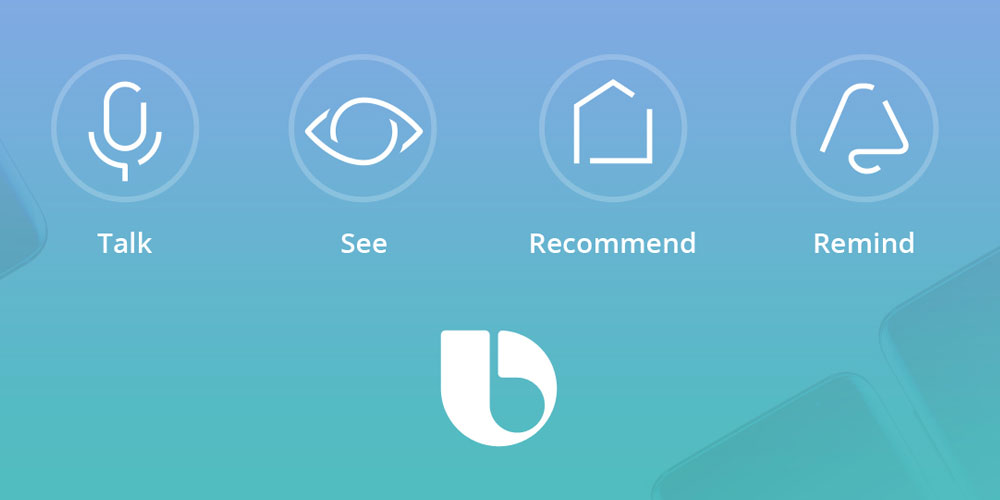
While mobile voice assistant powered by Artificial Intelligence (AI) is dominated by Google, Amazon and Apple, there is one company that doesn't want be left in the dust: Samsung.
The South Korean conglomerate company announced a second-generation version of its digital voice assistant Bixby. Dubbed Bixby 2.0, it's focused on smart home devices, not just smartphones. What this means, Samsung wants to put Bixby against competitors like Amazon’s Alexa and Google Assistant.
Amazon with Alexa and Google with Assistant are already competitors by having their own respective hardware and software ecosystems. And here Samsung is no different.
As one of the most-widely recognized smartphone maker, Samsung said that Bixby 2.0 is capable at processing natural language and predicting user needs, regardless of which device it is on.
This next generation Bixby acts as "the control hub of your device ecosystem," said Samsung. This means, Bixby sets its eyes on phones, TVs, refrigerators, speakers, and the other Internet of Things (IoT) devices that are connected to the internet.
And just like its competitors, Bixby 2.0 is also open to third-party developers so they can build and plug in their existing apps and services. Starting October 18th, 2017, Samsung's Bixby software development kit is open to developers in a private beta program.

Announcing the update, Samsung's Eui-Suk Chung loftily said that "Bixby 2.0 is a bold reinvention of the platform. A reinvention aimed at transforming basic digital assistants from a novelty to an intelligence tool that is a key part of everyone’s daily life."
Samsung's personal assistant Bixby was first introduced on March 20th, 2017, alongside the Samsung Galaxy S8 and S8+. The first version of Bixby can also be sideloaded on older Galaxy devices running Android Nougat.
Bixby is a major reboot to Samsung's S Voice which was introduced back in 2012 alongside the Galaxy S III.
Samsung in making Bixby the hub for IoT started in May 2017, when the company announced that the AI assistant would be coming to its line of Family Hub 2.0 refrigerators, making it the first non-mobile product to include the virtual assistant.
Also by making having Bixby beyond smartphones, Samsung's can follow its ambition to tie the AI assistant to other products and platforms. This led to the birth of Project Ambience which allows users to turn previously 'dumb devices' into smart ones with a dongle or chip.
Users could use Bixby's intelligence and commands to manage all the devices they attach this dongle to.
Then Samsung announced a platform called SmartThings Cloud. This unites existing Samsung IoT services like SmartThings, Samsung Connect, ARTIK, and Harman Ignite.
And under this umbrella, Samsung hopes that consumers and developers alike would be more familiar with Bixby.

Unfortunately for Bixby, the virtual assistant seems to be less polished than others in the competition. Some users describe Bixby experience as "frustrating," and somehow "unfinished."
The software also has confusing implementation with its three available different versions: Voice, Home, and Vision. This has proven to be ineffective when compared with offerings from Amazon, Apple, Google, and Microsoft.
This is why Samsung had a little rush to create Bixby 2.0. Samsung promised its natural language capabilities will improve, helped with the fact that Bixby 2.0 was born out of Samsung's acquisition of Viv, a company that started Apple's Siri.
The company is also launching Bixby on Samsung TVs starting in the U.S. and its home country, South Korea.
"It will be more personal, with enhanced natural language capabilities for more natural commands and complex processing, so it can really get to know and understand not only who you are, but who members of your family are, and tailor its response and actions appropriately," said Samsung.